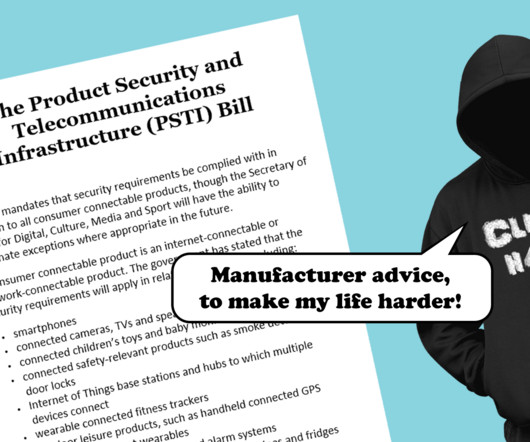Common Holiday Scams and How to Avoid Them
Identity IQ
DECEMBER 6, 2023
Be wary of these common online shopping scams: Fake websites and online stores: Scammers often create fake websites that mimic legitimate retailers, hoping to trick unsuspecting shoppers into entering their personal and payment information. But it also presents an opportunity for scammers to exploit.











Let's personalize your content